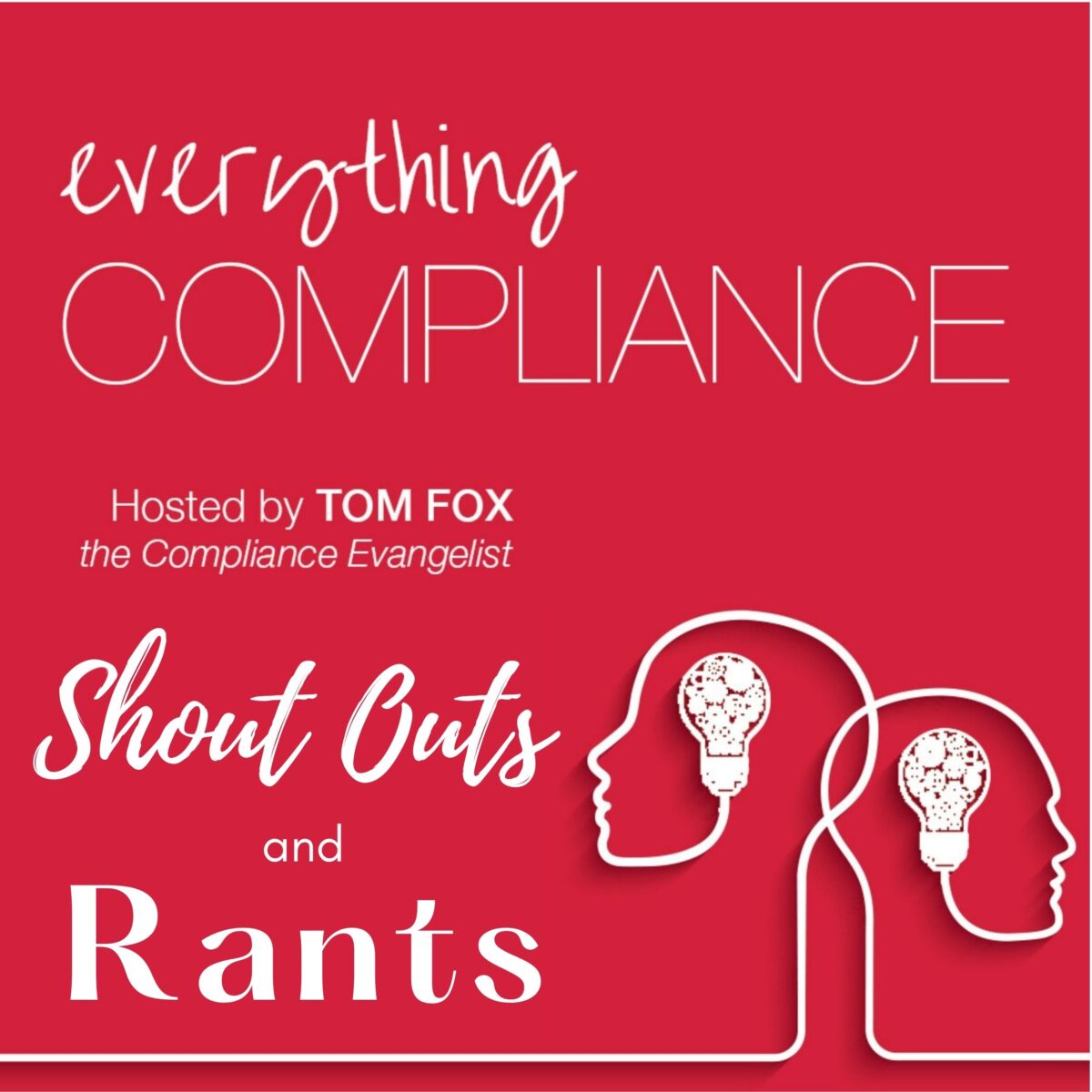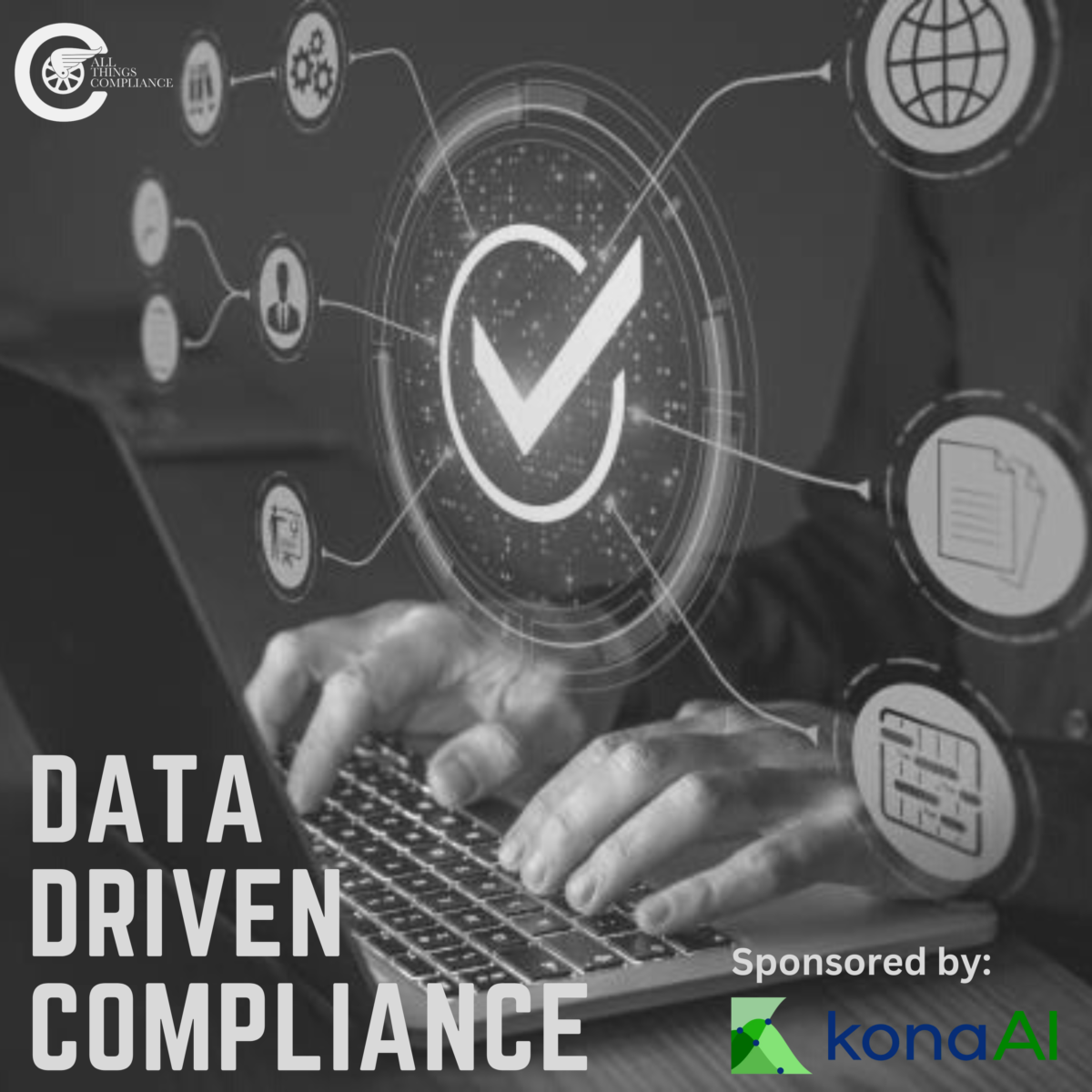I recently had the opportunity to visit with, Chris Mason, VP Global Compliance & Investigations at Infortal Worldwide and Dr. Ian Oxnevad, Director, Geopolitical Risk at Infortal Worldwide for a sponsor podcast on Infortal Worldwide’s Geopolitical Risk Intelligence 2023 Outlook. Over this series we consider business intelligence, ESG intelligence, corruption intelligence, sanctions intelligence and supply chain intelligence. In today’s post, I will visit with Chris Mason, to consider why an ESG profile is an important business exercise. So join us as we dive into what ESG Intelligence is and how to optimize it!
ESG Intelligence is an important tool for ESG investors, as it provides access to a wide range of data and insights about companies and sectors that enable them to make more informed investment decisions. ESG Intelligence is designed to provide investors with a comprehensive view of the environmental, social, and governance performance of companies and sectors, allowing them to identify and assess risks and opportunities associated with potential investments. The data and insights provided by ESG Intelligence enable investors to better understand the potential impact of their investments in terms of sustainability and ethical considerations.
In addition, ESG Intelligence can help investors identify companies and sectors that are making progress towards sustainability and responsible investing goals. By providing investors with access to data and insights about ESG performance, ESG Intelligence enables them to make more informed decisions when it comes to evaluating and investing in companies and sectors that are demonstrating progress towards sustainable goals. By using ESG Intelligence, investors can have greater confidence in the investments they make and make more informed decisions that will benefit both their portfolios and the planet.
Here are the steps you need to follow:
1. Assessing your own company’s set of values as they relate to ESG
2. Building what you would expect to find in future partners or companies you’re looking to invest in
3. Setting what your ESG profile should look like and making an initial assessment of where you stand today.
1. Assessing your own company’s set of values as they relate to ESG.
Assessing your own company’s set of values as they relate to ESG begins with understanding the ESG landscape and the regulations and standards that are associated with it. Companies need to take a holistic approach to understand their exposure to environmental, social, and governance-related issues. This assessment should include an examination of the company’s current operations and any potential issues that may arise in the future. Companies should also consider their supply chain and how their actions may affect other stakeholders. In addition, they should consider the regulatory framework of the jurisdictions in which they operate, as well as any non-regulatory bodies, such as ISFR or SASB, which may have established standards for ESG. Once a company has a better understanding of their ESG profile, they can then better assess their exposure and make informed decisions about their operations and potential investments or acquisitions.
The next step in assessing your company’s set of values as they relate to ESG is to identify any gaps. Companies should look for areas where their current standards may not meet ESG standards, or where they may need to increase their focus. For example, if a company is operating in a jurisdiction where ESG regulations are not yet in place, they may need to consider increasing their focus on the environment and social issues. This can include assessing their own operations and supply chain for potential risks, as well as engaging with stakeholders to understand their expectations. Companies should also look for opportunities to improve their ESG profile, such as increasing transparency and reporting, or introducing new technologies and practices that are better aligned with ESG standards.
Finally, companies should develop a plan of action to address any identified gaps in their ESG profile. This should include a commitment to improving their standards and practices in line with ESG regulations and standards. It should also include a timeline and targets for achieving the desired outcomes. Companies can use this plan of action to demonstrate their commitment to ESG and to build trust with stakeholders. By taking the time to assess their own set of values as they relate to ESG and develop an action plan, companies can demonstrate that they are taking ESG seriously and are willing to make changes to become more sustainable.
2. Building what you would expect to find in future partners or companies you’re looking to invest in
Building what you would expect to find in future partners or companies you’re looking to invest in starts with assessing your own company’s set of values as they relate to ESG. This involves examining your company’s exposure to environmental, social, and governance issues. It is important to understand what your ESG profile looks like so that when partnering with larger companies or when engaging in Mergers and Acquisitions (M&A) activities, you can provide the necessary information to potential partners. Infortal can help guide you through this process and help you understand your exposure to potential ESG issues. Additionally, it is important to be aware of the current and upcoming regulations and standards, both domestically and internationally, to ensure that any disclosures made related to ESG issues are honest and accurate. Lastly, it is important to assess your current ESG profile to make changes as needed and to set goals for what your company’s profile should look like moving forward.
It is also important to consider the ESG profile of any potential partners or companies you’re looking to invest in. Understanding the ESG profile of a company can help you assess their overall risk and identify any potential ESG-related issues that may be of concern. At Infortal, we provide detailed analysis of a company’s ESG profile and can help you understand how the company is performing in terms of environmental, social, and governance factors. This can help you make an informed decision as to whether the company is a good fit for your own business.
Additionally, when engaging in M&A activities, it is important to be aware of the ESG standards and regulations of the target company. This includes understanding their current ESG policies, procedures, and standards and how they may affect the overall deal. Infortal can provide you with the necessary information to help you assess the target company’s ESG profile and ensure that you are in compliance with any applicable regulations. By understanding the current and upcoming ESG standards, you can better assess the risk of a potential deal and ensure that any disclosures made related to ESG issues are accurate and reliable.
3. Setting what your ESG profile should look like and making an initial assessment of where you stand today.
The third step in understanding a company’s ESG profile is setting what the profile should look like and making an initial assessment of where the company currently stands. This process begins by taking a holistic view of the company’s exposure to environmental, social, and governance issues. An important part of this is to identify any potential issues that could arise due to the company’s exposure to these ESG topics. After identifying these potential issues, companies should then set goals for their ESG profile and determine how they can achieve those goals.
This should include an evaluation of the current regulations and standards related to ESG, both domestically and internationally. Additionally, companies should also consider the potential regulations and standards that may come into effect in the future. Finally, it’s important to be honest and transparent when disclosing information about the company’s ESG profile, as this can be a key factor in determining the company’s overall business value. By taking these steps, companies can ensure that they have a comprehensive understanding of their ESG profile and can be better prepared for any future regulations or standards that may be implemented.
Once a company has set their ESG goals and identified potential issues, the next step is to make an initial assessment of where the company currently stands. This assessment should include an analysis of the company’s current performance in areas such as energy efficiency, waste management, carbon emissions, water usage, labor standards, and corporate governance. Companies should also consider the impact their operations have on the environment, local communities, and society. Additionally, companies should also examine the effectiveness of any existing ESG policies, procedures, and programs. This assessment should also identify any challenges or gaps that may exist in meeting ESG goals. By taking the time to properly assess the company’s current ESG performance, companies can better understand their strengths and weaknesses in this area and can better prepare for any changes or adjustments that may be needed to ensure they are meeting their ESG goals.
Once the initial assessment is complete, companies should then develop a plan of action for meeting their ESG goals. This plan should include specific goals, timelines, and actionable steps that the company can take. Additionally, companies should also consider the resources and capital needed to implement the plan, as well as any potential risks or challenges that may arise. Finally, companies should also track their ESG performance to ensure that they are meeting their goals. By taking these steps, companies can be better prepared to meet their ESG goals and stay ahead of any potential regulations or standards that may be implemented in the future.
Understanding ESG Intelligence is essential for investors and companies to make informed decisions about their investments and operations. In this blog post, we discussed how to assess, build, and set an ESG profile. We examined the importance of understanding the current regulations and standards from domestic and international regulatory and non-regulatory bodies and how to make an initial assessment of where the company currently stands when it comes to ESG. With the right knowledge and tools, you can unlock the potential of your ESG profile and make well-informed decisions that will benefit your portfolio and the planet. Do not be intimidated by the regulations and standards associated with ESG – take the first step and unlock your ESG Intelligence today!
Join us tomorrow where we take up Corruption Intelligence.
Check out Chris on the Riskology by Infortal podcast here.








